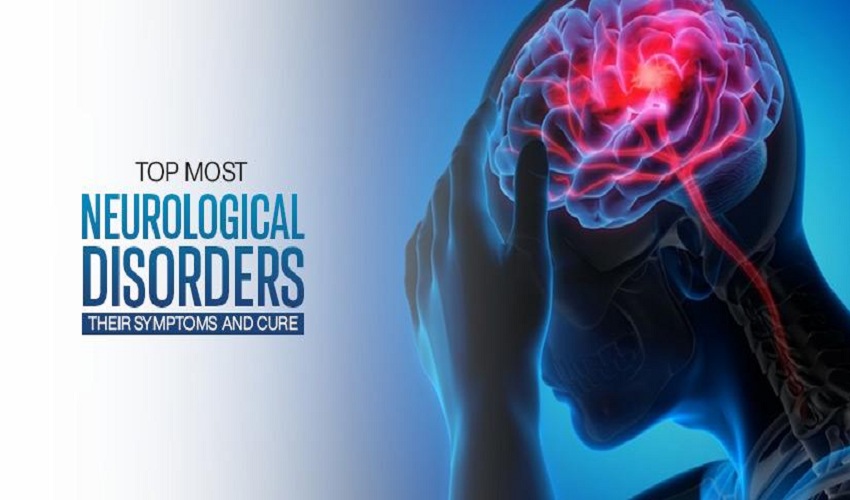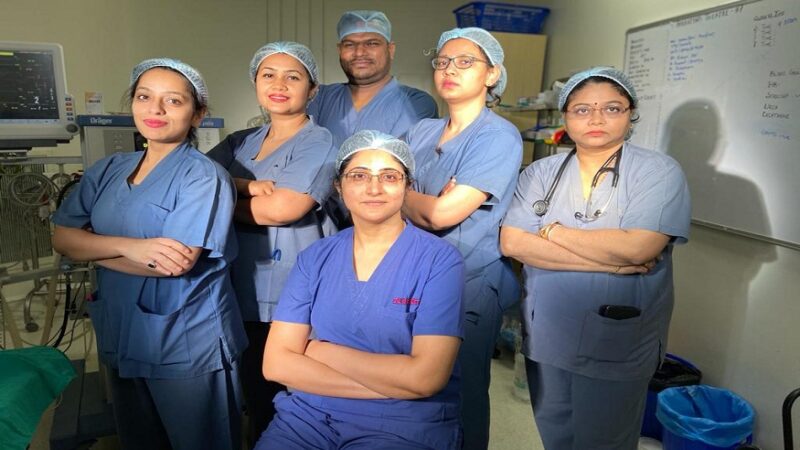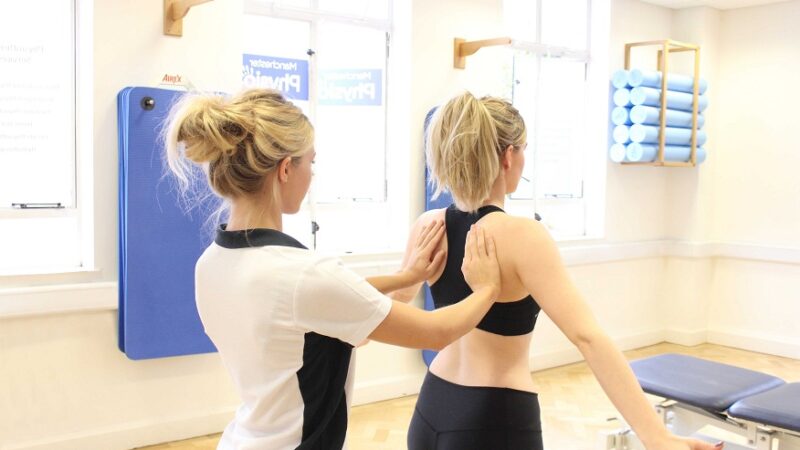Non-Invasive Approach through Pupil to Assessing Neurological Health

Do you know about your neurological health? Most of us don’t have any clear idea about it. This is why a neurological check-up is essential at least once a year. Therefore, the good news is that now you can your neurological health info from your pupil assessment test. Yes, you heard right! Your pupil will talk about your neurological conditions from a Neuro-Ophthalmological exam.
So, this article provides information about this Neuro-Ophthalmological exam and various related topics that can strengthen your knowledge.
Neuro-Ophthalmology: What Is It?
The specialty of neuro-ophthalmology focuses on neurological issues with an evaluation of pupillary reaction. The human eye, as we all know, records what it sees and sends it to the brain to be processed into pictures. These visual cues are transmitted by the optic nerve, and failure of this structure may result in irreversible harm to the optic nerve as well as vision impairment.
Can Neurological Issues Be Identified by These Eye Tests?
A lot of individuals aren’t aware that early indicators of neurological issues especially pupillary response in traumatic brain injury, might be found with a straightforward eye exam. In addition to determining if a person’s eyesight is optimal, a thorough eye exam can detect the existence of certain neurological disorders like multiple sclerosis or Parkinson’s disease.
Doctors will attentively inspect the patient’s erect pupils and retinas during the examination, noting any anomalies. An eye exam can be used to identify possible problems that need more investigation, even if it cannot be used to definitely diagnose any specific ailment. Consequently, it is crucial for people with high-risk factors to get regular eye exams because this could be one of the first indications that something is wrong.
Seeing A Neuro-Ophthalmologist Is Necessary
A specialist area of medicine called neuro-ophthalmology treats pupil measurement conditions affecting the eye and how it interacts with the brain. Consulting with a neuro-ophthalmologist can help diagnose a number of vision-threatening diseases, such as amblyopia, strabismus, or optic neuritis.
Furthermore, a neuro-ophthalmologist can assist in identifying visual abnormalities brought on by more serious medical disorders such as multiple sclerosis, stroke, or tumors. People seeking treatment for their eyes require not just routine eye care but also the knowledge of a specialist who is knowledgeable about the intricacies of this field and how it interacts with other body processes due to its highly specialized nature. These disorders are uncommon, but they nevertheless have the potential to be dangerous, thus consulting a neuro-ophthalmologist is essential for a precise diagnosis and course of therapy.
Go for a Neuro-Ophthalmologist before it’s too late
It’s normal to hear a lot of medical jargon when seeing your doctor. To help you fully comprehend the sickness or condition and take advantage of the various treatment choices, your doctor will make an effort to clarify the neuro problem. The following are some typical neuro-ophthalmology conditions, those doctors with neurological tools can detect earlier if you check once every year:
Optic nerve inflammation: It is the result of the illness known as optic neuritis. An infection or an autoimmune disease is only two of the many possible causes of inflammation.
Nutritional Optic Neuropathy: In this case, some toxic chemicals present in alcohol and tobacco cause damage to the optic nerve. This majorly happens with alcoholic persons. This might also happen as a result of malnutrition, vitamin B-complex, and folic acid deficiencies.
Diabetic neuropathy: In this condition, high blood sugar or diabetes causes damage to the optic nerve. The condition worsens and eventually cuts off the retina’s blood supply, which results in blindness.
Even though they all target the optic nerve differently, if treatment is not received, the optic nerve will eventually die.
Apart from all these, a neuro-ophthalmology NPI specialist’s diagnosis may provide comfort to you, experiencing double vision or drooping eyelids.
For people who have long-term anxiety, seeing a neuro-ophthalmologist for routine examinations can be helpful because stress is known to have an impact on vision as well.
What is the best for You?
It’s not necessary to chew these hard terms of neuro issues. So, the best will be to see an eye specialist once a year. But, go for those eye-checking units that have the latest NPI eye screening meters as they provide 95% accurate results.
NeurOptics is the best company that provides NPI pupilometers, you can directly check their website.






